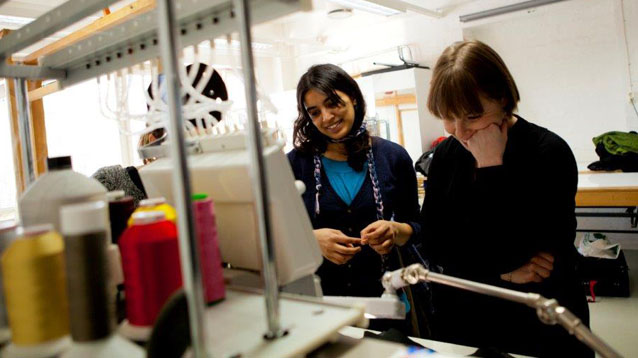Working group to prepare increase in tuition fees for non-EU and non-EEA students

The Ministry of Education and Culture has appointed a working group to prepare an increase in tuition fees for non-EU and non-EEA university students. The working group is also expected to propose legislation to prevent the circumvention of tuition fees and to re-introduce university application processing fees.
The work is based on the entry in Prime Minister Orpo's Government Programme “The Government is making progress towards implementing full costing of tuition fees for non-EU and non-EEA students.”
The working group is tasked with drawing up a government proposal containing proposals for amendments to the Universities Act and the Universities of Applied Sciences Act that would raise tuition fees towards full costing and reduce the possibilities of circumventing the obligation to pay fees.
In addition, the amendments would reinstate university application processing fees for applicants who have completed education outside the EU/EEA that provides them with eligibility to apply for tertiary education in Finland. When tuition fees were introduced, the Universities Act and the Universities of Applied Sciences Act were amended to abolish the administrative application processing fee which had been used for a short period. However, since the application processing fees were abolished, the administrative burden caused by applications submitted on wrong or insufficient grounds has increased.
Tuition fees are not proposed for students studying in Finnish or Swedish or to Finnish or EU/EEA citizens.
The working group examining the reform of the guidance and financing model for higher education institutions will also take into account these amendments. The need for creating a national scholarship system, along with a model for such a system, and ways of increasing incentives to remain in Finland after graduation will be assessed as part of the implementation of the Government Programme.
In accordance with the Government Programme, the working group will look into establishing a compensation plan similar to student loan compensation for people who arrive from a non-EU/EEA country, have graduated from a Finnish higher education institution or another Finnish educational institution, and have paid tuition fees and worked in Finland for a specific period.
Director Jonna Korhonen chairs the working group and the vice-chair is Senior Ministerial Adviser Maija Innola, both from the Ministry of Education and Culture. The working group has members from ministries, public authorities, universities and student organisations.
The working group term extends from 1 September 2023 to 30 June 2024.
Jonna Korhonen, Director, tel. +358 295 330 008
- Universities have been required to charge a tuition fee of at least EUR 1,500 for students from outside the EU/EEA who have begun their studies on or after 1 August 2017 in foreign-language education.
- According to a study carried out in 2022, the introduction of tuition fees has not had long-term detrimental effects on the efforts to make higher education institutions more international or on the willingness of non-EU/EEA students to study in Finnish universities.
Universities have found that some students circumvent the obligation to pay tuition fees by acquiring another type of residence permit, usually for employment instead of for studies. They do so after the start of their studies, since those with a continuous residence permit (*) for studies are obliged to pay tuition fees, while those with other types of continuous residence permits (*) currently need not pay fees.
Correction: Terms with (*) changed on 11 September

